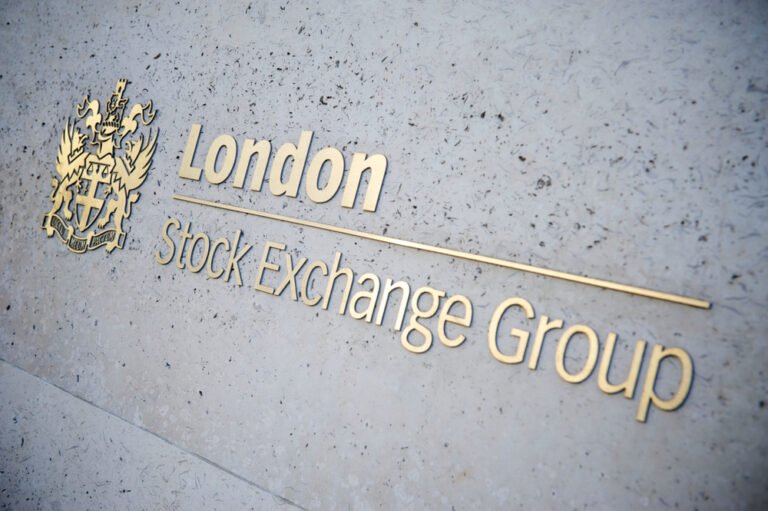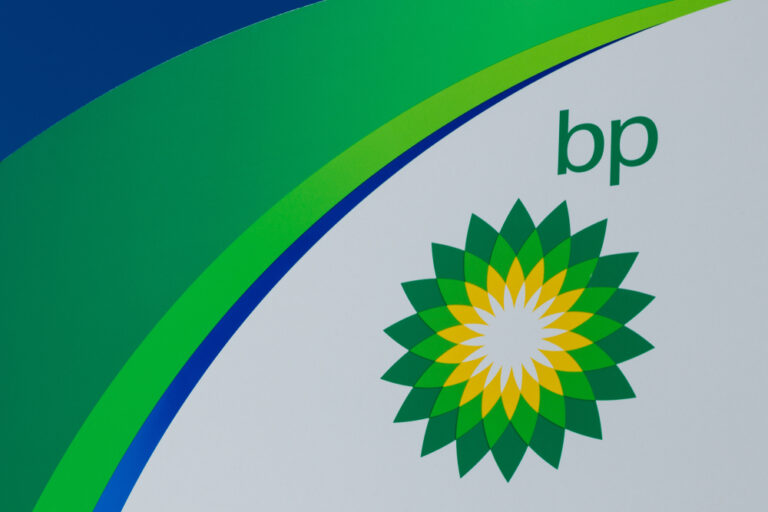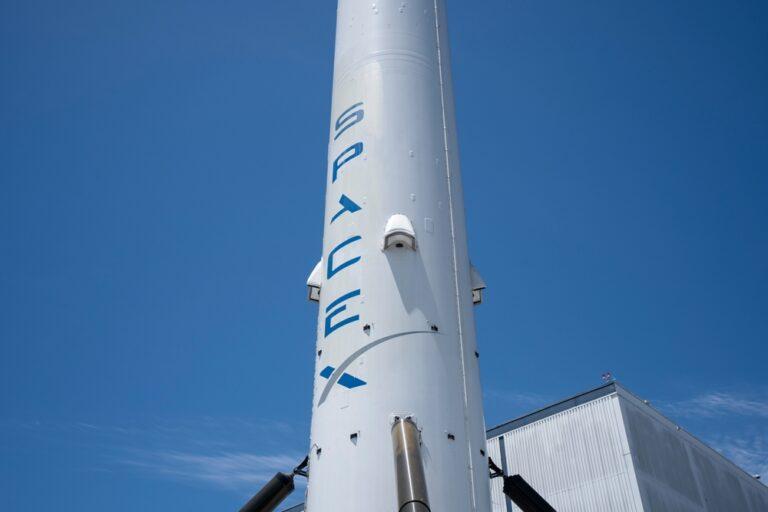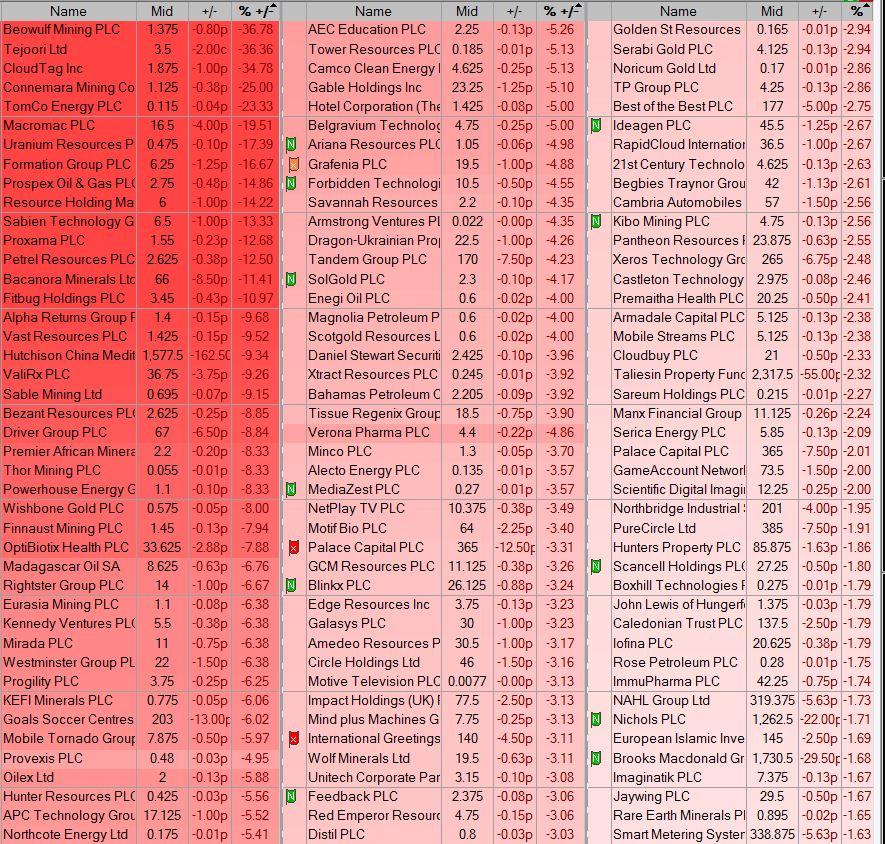Bellway has reported an 11.9% increase in housing completions for the six months ended 31 January 2025, delivering 4,577 homes compared to 4,092 in the same period last year.
The company’s latest trading update reveals robust performance across key metrics, with housing revenue climbing 12% to over £1.42 billion.
The average selling price showed modest growth at £310,600, up from £309,278 in the previous year, reflecting stable pricing conditions across the company’s regional markets.
Bellway has seen a significant improvement in its private reservation rate, which increased by 18.6% to 0.51 homes per outlet per week, including a contribution from bulk sales.
However, it appears the market was hoping for more, and Bellway shares fell in early trade on Tuesday.
Higher mortgage rates continue to dampen buyer demand, and Bellway noted the typical autumn seasonal uplift in reservations did not materialise. That said, trading remained stable throughout the first half, with the cancellation rate improving to 14% from 16% previously.
“Bellway has delivered a strong first half performance in challenging market conditions,” said Jason Honeyman, Group Chief Executive, Bellway.
“While mortgage interest rates have increased modestly since the autumn, customer demand has remained robust, and the Group has a healthy order book to support our targeted growth in volume output for the full year.
In terms of the outlook, Bellway has a healthy forward order book comprising 4,726 homes, valued at £1.311 billion – a significant increase from the 3,970 homes worth £1.012 billion recorded in the previous year.
The company has continued to invest in its future growth, securing 5,246 plots across 32 sites during the period, with a total contract value of £378.2 million.
The outlook for the full year remains positive, with Bellway confirming it is on track to deliver at least 8,500 homes, up from 7,654 in the previous year. The company expects to maintain its average selling price at around £310,000 and projects an improvement in its underlying operating margin to approach 11.0%.
Bellway said it maintains a cautious stance on the broader market outlook despite these encouraging figures. While the early weeks of the spring selling season have shown promising signs with increased customer enquiries and reservation rates, the company acknowledges that customer demand remains sensitive to mortgage affordability and the wider economic environment.
This sensitivity to interest rates and the macro picture has raised the bar of investor expectations when looking for signs of sustained recovery.











